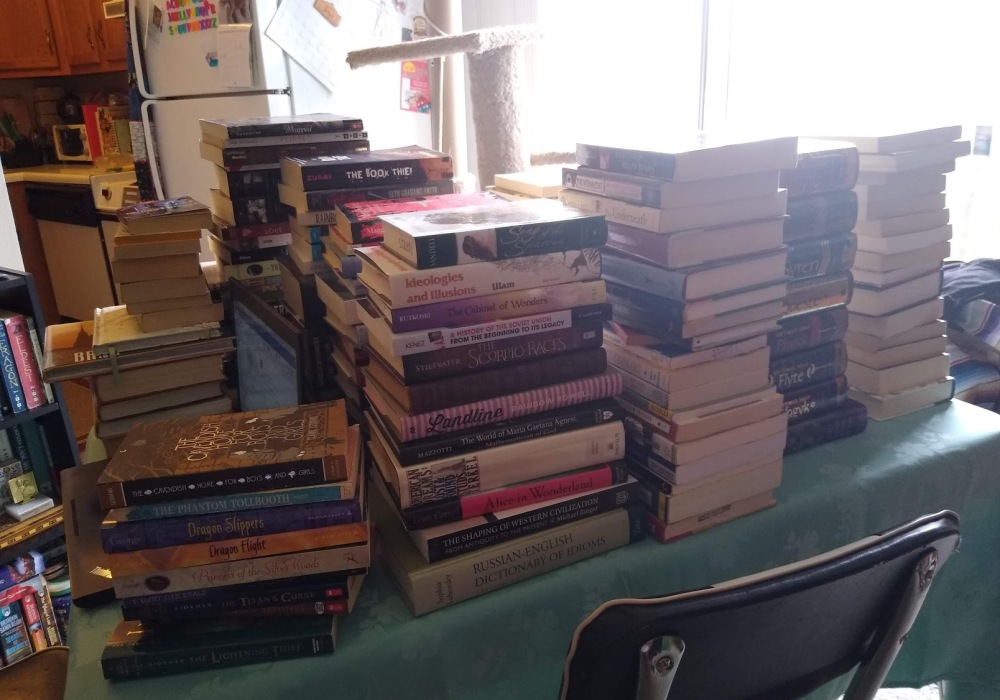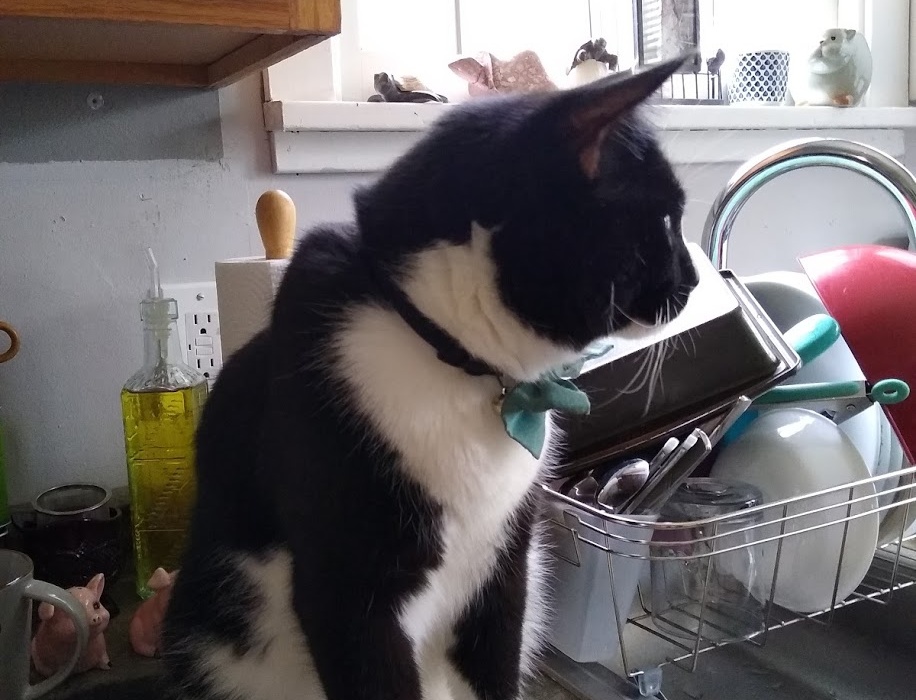
I was talking to a writer friend the other day. We were talking about writing, as writers do. Both of us have blogs, and I happen to be painstakingly working my way through a novel that I started back in high school, if you’d believe it.
On the topic of stories, my friend mentioned that it’s a little vulnerable to write fiction, because readers might be able to discern the kinds of dreams you have by reading your words. She said that maybe fiction is a way to live vicariously through stories, and she wasn’t sure if that would be good or bad. I joked that writing is the perfect creative outlet for a control freak like me; you have all these characters who have to do whatever you want, and you can make anything turn out perfect, just the way you think it should be.
Immediately after saying it, I found myself experiencing an ethical dilemma, because I can’t not take every joke seriously (God help me, I’m becoming my dad).
In my mind I asked myself the question, is it ok for me to try and control my characters’ lives? Which is dumb, because they don’t exist except for in my mind, and they wouldn’t exist in any manner if I hadn’t dreamed them up. Fictional characters don’t have free will.
And yet… do they?
I can’t tell you exactly how I conceived of the main character of my book, but the more I think about it, it doesn’t feel like my idea. It started with an image, just a simple picture in my head of a person I might find interesting if I saw him on the street or in the desk next to me in Creative Writing class. I wrote a sketch of him for an assignment in said class, and it felt more like getting to know him than making any kind of decisions about who he was and what he wanted.
I’m definitely not saying that I received my characters from some kind of divine revelation. That would be narcissistic. And a little bit wacko. But I feel there’s something more to it, in good writing anyway (oof, now I’m presuming to say I know something about good writing). In all the good writing I’ve read, the characters feel more real than not, and in my most fruitful writing experiences, the writing of my characters’ stories is almost like reverse reading. One step at a time, one layer at a time, each character’s story unfolds. And you can’t write it down all at once. You can’t know how they’re going to change, how they might surprise you down the road. To make them fit into a small and manageable box limits the story you can help them tell.
You have to get to know them. Date them. Ask questions about their family, their childhood, their fears and their motivations. What do they want? Whom do they love? What is wrong with them? Writing is a study in psychoanalysis.
In that way it kind of feels like fictional characters do have some agency. And if I want to write something good, something interesting or relevant or meaningful, I have to be careful not to make all of my characters me, but with magical powers or bigger problems. I have to let them be themselves. Make the choices they’d make. Say the things they’d say (even if those things include expletives). I have to forget, sometimes, the story I wanted to tell, and tell the one they’re telling me instead.
In that way, writing means leaving myself behind. Maybe that’s just what this control freak needs.



